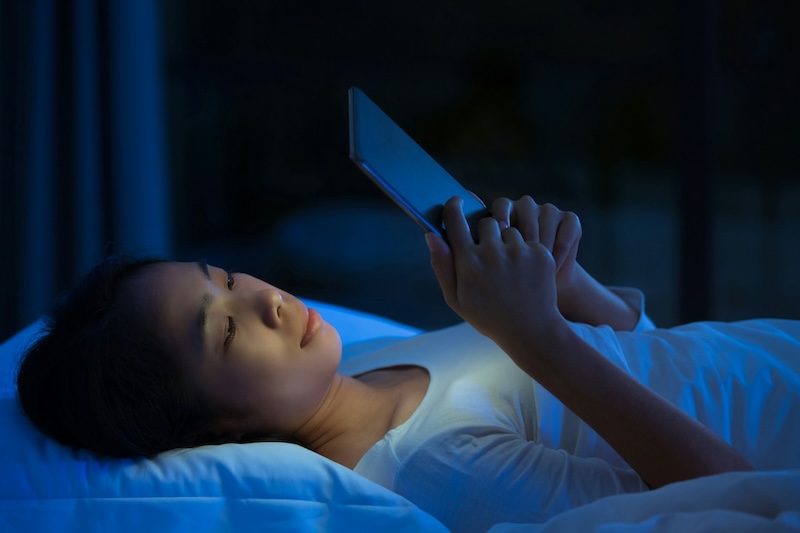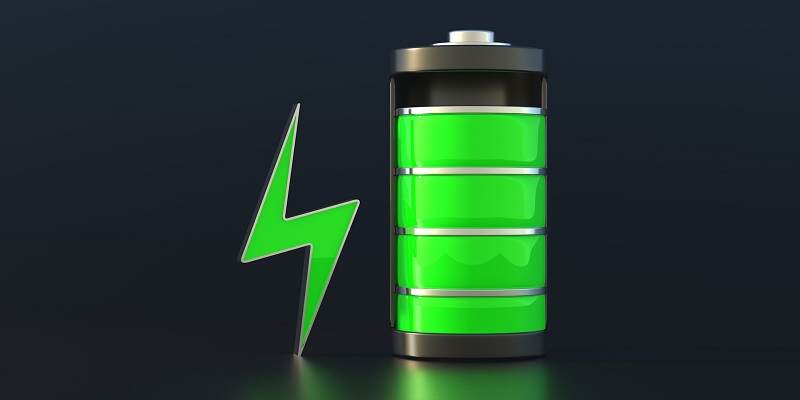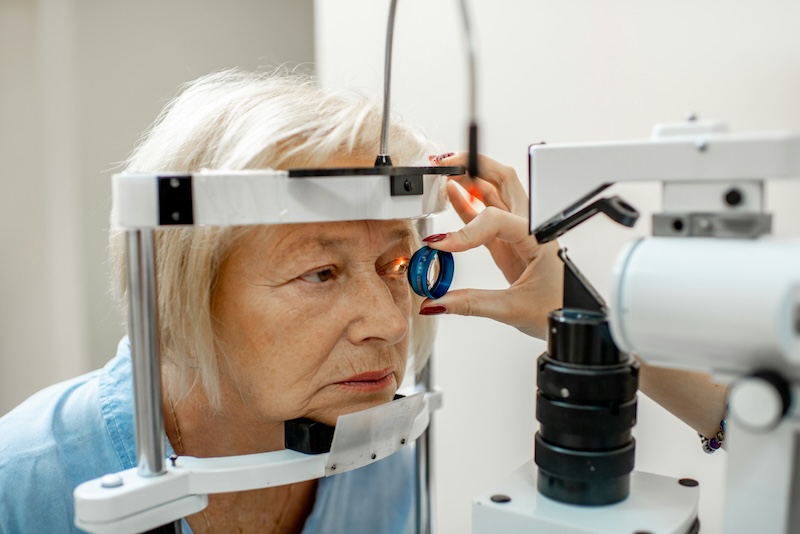Smartphones have become a normal part of modern life. People use them for work, social connection, entertainment, and to find information. Many people...
Vous n'êtes pas connecté
- English
- Français
- عربي
- Español
- Deutsch
- Português
- русский язык
- Català
- Italiano
- Nederlands, Vlaams
- Norsk
- فارسی
- বাংলা
- اردو
- Azərbaycan dili
- Bahasa Indonesia
- Հայերեն
- Ελληνικά
- Bosanski jezik
- українська мова
- Íslenska
- Türkmen, Түркмен
- Türkçe
- Shqip
- Eesti keel
- magyar
- Қазақ тілі
- Kalaallisut ; kalaallit oqaasii
- Lietuvių kalba
- Latviešu valoda
- македонски јазик
- Монгол
- Bahasa Melayu ; بهاس ملايو
- ဗမာစာ
- Slovenščina
- тоҷикӣ ; toğikī ; تاجیکی
- ไทย
- O'zbek ; Ўзбек ; أۇزبېك
- Tiếng Việt
- ភាសាខ្មែរ
- རྫོང་ཁ
- Soomaaliga ; af Soomaali
 Maroc - KNOWRIDGE.COM - A La Une - 21/Nov 10:41
Maroc - KNOWRIDGE.COM - A La Une - 21/Nov 10:41
Nighttime phone use may increase suicidal thoughts
Smartphones have become a normal part of modern life. People use them for work, social connection, entertainment, and to find information. Many people check their phones first thing in the morning and last thing at night. Over time, this habit has raised concerns among scientists and health experts, especially because the brain and body need […] The post Nighttime phone use may increase suicidal thoughts appeared first on Knowridge Science Report.
Articles similaires
Scientists discover a brain chemical tied to trauma to depression
New research by neuroscientists from Columbia University and McGill University has found a brain chemical that may explain why some people who faced...
Scientists discover a brain chemical tied to trauma to depression
New research by neuroscientists from Columbia University and McGill University has found a brain chemical that may explain why some people who faced...
Bedroom nighttime light may raise heart disease risk, study finds
A new study has found that living in areas with more artificial light at night may increase stress in the brain, inflame blood vessels, and raise the...
This stuff in brain may increase risk of cognitive decline, dementia
A new study published in The Lancet Neurology shows that people who currently have no signs of memory problems may still face a higher risk of...
This stuff in brain may increase risk of cognitive decline, dementia
A new study published in The Lancet Neurology shows that people who currently have no signs of memory problems may still face a higher risk of...
Scientists create high-performance sodium battery without flammable liquids
Batteries power nearly everything we use today—from smartphones and laptops to electric vehicles. But the most common types, lithium-ion batteries,...
Scientists create high-performance sodium battery without flammable liquids
Batteries power nearly everything we use today—from smartphones and laptops to electric vehicles. But the most common types, lithium-ion batteries,...
Brain stimulation therapy helps stroke patients regain vision
Scientists at EPFL in Switzerland have developed a new, non-invasive brain therapy that could help stroke patients regain their vision faster and more...
Brain stimulation therapy helps stroke patients regain vision
Scientists at EPFL in Switzerland have developed a new, non-invasive brain therapy that could help stroke patients regain their vision faster and more...
Les derniers communiqués
-
Evergreen Elevate Heads to Australia to Empower MSPs with Valuable Strategies and Insights on Better M&A Practices
Evergreen Elevate - 29/07/2025





